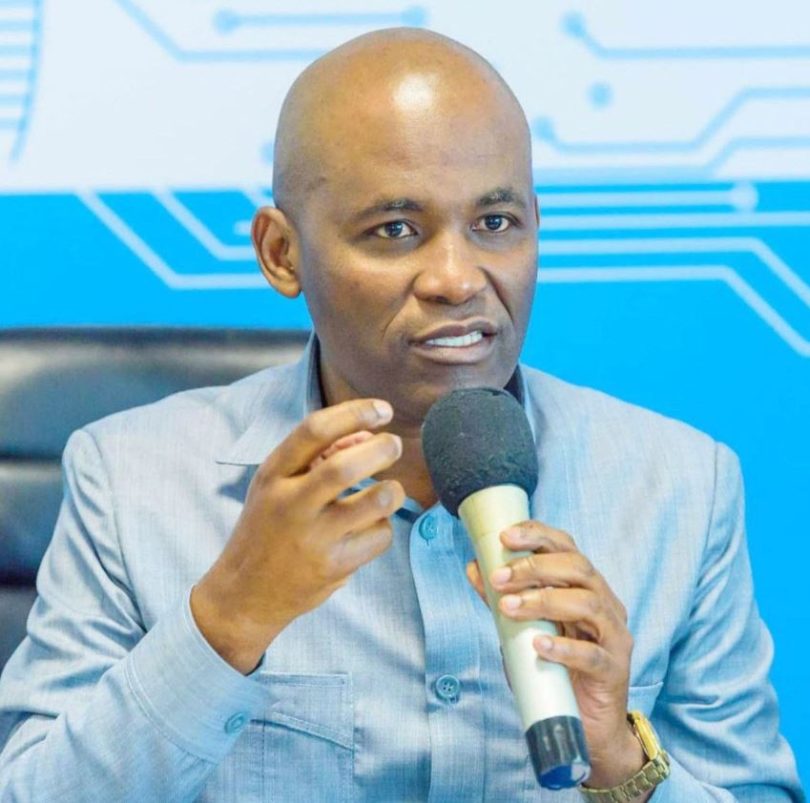Who is Faustine Ndugulile, the new WHO Regional Director for Africa
Who is Faustine Ndugulile, the new WHO Regional Director for Africa -Dr. Faustine Engelbert Ndugulile, a seasoned Tanzanian public health expert and politician, was recently appointed as the World Health Organization’s (WHO) Regional Director for Africa. His election took place during the 74th WHO General Assembly in Brazzaville, Congo, where he secured a decisive victory against other contenders from Senegal, Rwanda, and Niger.
Early Life and Education: Dr. Ndugulile was born in Tanzania, where he began his journey into medicine and public health. He pursued his medical degree at Muhimbili University of Health and Allied Sciences (MUHAS) in Dar es Salaam. He later advanced his education by earning a Master’s degree in Public Health and a PhD in Medical Sciences, specializing in epidemiology and public health.
Career in Public Health and Politics: Dr. Ndugulile’s career spans various sectors, including healthcare, politics, and international advocacy. He has held several critical roles in Tanzania’s government, including serving as the Minister of Information, Communication, and Technology (ICT) and as the Deputy Minister for Health, Community Development, Gender, Elderly, and Children. His work in these roles has been instrumental in shaping Tanzania’s healthcare policies and ICT strategies.
Before his ministerial roles, Dr. Ndugulile was actively involved in HIV/AIDS research and advocacy. He was the Chairman of the Inter-Parliamentary Union (IPU) Advisory Committee on HIV/AIDS, Maternal, and Child Health, which focused on improving health outcomes in vulnerable populations across Africa.
Achievements and Contributions: Dr. Ndugulile is renowned for his efforts to improve Tanzania’s healthcare system. As a Deputy Minister for Health, he played a key role in enhancing the country’s response to infectious diseases, including the implementation of robust surveillance and treatment programs for HIV/AIDS and malaria.
He is also recognized for his advocacy on non-communicable diseases (NCDs) in Africa, stressing the need for improved investments in preventive healthcare, education, and treatment. His leadership in this area has been crucial, given the rising burden of NCDs across the continent.
Vision as WHO Africa Director: As the new WHO Africa Director, Dr. Ndugulile has committed to advancing access to quality healthcare across the continent. He aims to address critical health challenges, including disease outbreaks, NCDs, and the impact of conflicts on health systems. He has emphasized the importance of strengthening healthcare systems in Africa, ensuring that they are resilient and capable of responding to both current and future health crises.
One of his primary goals is to improve the readiness of African countries to handle epidemics and pandemics. He also advocates for increasing domestic funding for healthcare, reducing the continent’s reliance on external aid, and ensuring that African governments meet the Abuja Declaration target of allocating at least 15% of their national budgets to health.
Challenges and the Road Ahead: Dr. Ndugulile’s leadership comes at a time when Africa faces significant health challenges, including the aftermath of the COVID-19 pandemic, the ongoing mpox virus, and the effects of climate change on health. His experience and vision are expected to be pivotal in guiding the continent through these challenges.
His approach includes fostering innovation and research within Africa, encouraging the development of local solutions for healthcare challenges. He believes in the potential of African innovators and researchers to lead the continent towards improved health outcomes.
In summary, Dr. Faustine Ndugulile’s appointment as WHO Africa Director is a testament to his extensive experience and commitment to public health. His leadership is expected to play a crucial role in addressing the continent’s health challenges and ensuring that healthcare services are accessible to all Africans. His vision for a resilient, well-funded, and innovative healthcare system offers hope for the future of health in Africa.








Leave a Comment